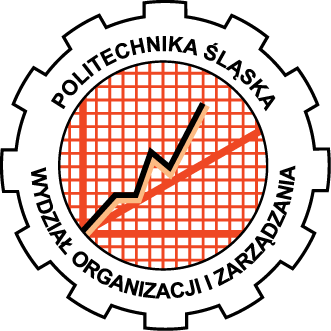Start - Intercultural project 3 Polytechnics
The Intercultural Project of the Three Technical Universities

Take a look at the results of the collaboration between male and female students of the three Technical Universities: Silesian, Lviv and Warsaw within the framework of an interuniversity project with the graceful name: The Three Technical Universities' Intercultural Project.
The Slavic Holidays project focuses on the origin of Slavic beliefs, folk holidays and festivals, clarifies the similarities and differences between Polish and Ukrainian rituals, and explains the etymology of holiday names. Do you know what Koliada is? Have you heard of the Festival of Veles or Haivky? Be sure to watch this beautifully illustrated film and you will find out.

If you are curious about the current condition of social media, the users’ Internet choices, or simply want to discover how many of us actively use it, this project offers the most updated information. Additionally, another team of students describes exhaustively the linguistic changes that have occurred on social media, shows the significance of memes, acronyms, and even the new role of the full stop!
The following project discusses the importance of volunteering in building a free from military conflicts world, especially now, during the war in Ukraine. You will learn how not only big charities and relief funds, but also small, newly founded volunteer groups around the world have become involved in organizing help for occupied Ukraine. Apparently, it can be done anywhere: in your home country, as well as on-site, in besieged cities, and among the ruins of war-torn villages. This film shows that young people from different countries speak with one voice on the issue of freedom and independence.

Stanisław Lem's Solaris is one of the most popular Polish science fiction novels, which has been adapted for two films. This project presents a fascinating interpretation of the text, analyzes the main themes and symbols, and takes an in-depth look at the main characters. In the second part, the presentation critiques the film adaptations by Andrei Tarkovsky and Steven Soderbergh. Do the young academics think that the directors' cinematic visions match their interpretation of the novel? Was the cinematography able to capture the depth and message of the book? Find out by watching this exhaustive presentation.
Does language shape our identity? If so, to what extent? This linguistic project prepared by another group of students is the outcome of a survey based on 179 questionnaires completed by respondents of various nationalities, belonging to many cultural groups, including bilingual students. The questions addressed, among others, the meaning of identity, the influence of a native language in establishing a sense of national identity, the importance of a common language in communicating with foreigners. The results of the study are impressive. See for yourself.
This highly scientific project on semiconductors is the result of conducted research and interviews with academics and students from three technical universities. Do we really know what semiconductors are, what they are made of and used for? Which countries are the most technologically advanced in their production? Where do Poland and Ukraine stand in this technological race? The project comprehensively answers these questions.
Does artificial intelligence really help in learning foreign languages? Which applications and facilitate the learning process and how can they be used sensibly? Will AI replace teachers and traditional textbooks? This linguistic project, based on a case study analysis, dwells on the advantages of digital technologies and AI. The authors asked these and other questions to students from three universities, then analyzed the results, and presented them in their project.
Are computer games sheer entertainment and a way to kill time? Is it possible to develop our psychosocial skills by simply pressing the keys on the keyboard? Can long-lasting relationships be built by playing online games with strangers? You will learn about the benefits of computer and video games from the project, which aims to prove that online playing has much more to offer than relaxation. If the virtual world of games is your cup of tea because you believe it teaches effective communication, encourages teamwork, and supports creativity, be sure to watch this presentation.









